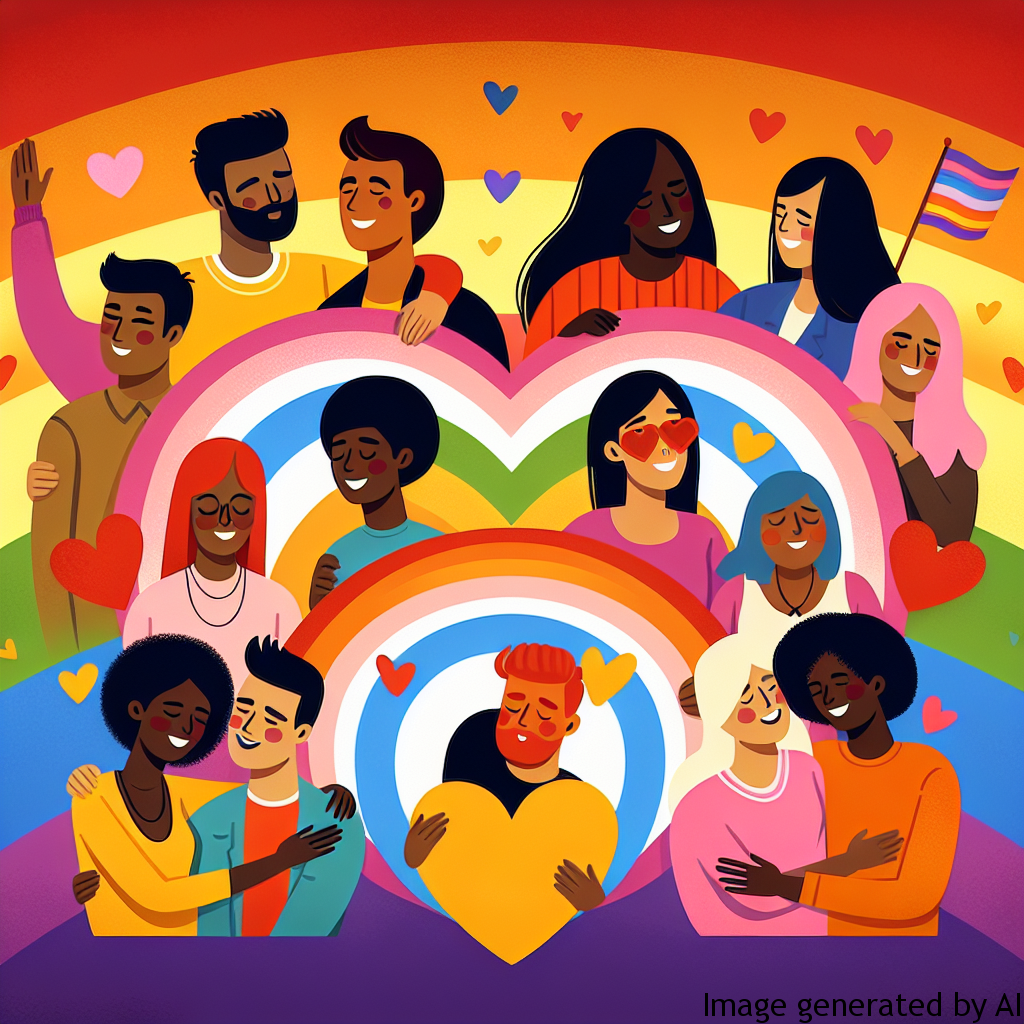Introduction
The topic of libido, or sexual desire, is one where little has been extensively researched or widely understood within the LGBTQ community. It is a multi-faceted subject, intertwined with complex factors such as sexual orientation, gender identity, social norms, psychological well-being and overall health. This article explores the influence of cultural and societal gender expectations on the mental health of the LGBTQ individuals, particularly focusing on men, and practical strategies to improve psychological health and well-being.
Gender Expectations and Their Impact on Men’s Psychological Health
Societal Norms and Expectations
Despite advancements in societal understanding, acceptance and rights for LGBTQ individuals in many parts of the world, there still exists certain expectations for traditional masculinity. These expectations can carry weighty implications for gay, bisexual, transgender, and queer men. They are often expected to want and exhibit high sexual desires – perpetually ready and willing for sexual activity. This pressure can result in significant psychological stress.
The Intersection of Sexuality and Gender Expectations
For LGBTQ men, navigating their sexuality can be conflated with gender expectations, which can feel like navigating a minefield. Some men may feel they have to demonstrate high libido to fit in and be accepted both within and outside the LGBTQ community. This often-unrealistic expectation can exacerbate feelings of depression, anxiety and lower self-esteem, particularly if their sexual desires do not align with this stereotype.
Examples of How Gender Roles Can Affect Men’s Lives
Gender norms can significantly influence the overall psychological well-being of LGBTQ men. They might suppress their true feelings about sexual desire for the sake of appearing “normal”, which can lead to mental health issues such as depression, anxiety, substance use, among others. There is also a risk of engaging in risky sexual behaviors as a means of proving their perceived masculinity or libido.
Tips for Improving Psychological Health Considering Gender Roles
To mitigate the effects of such prescribed gender norms, it’s vital for individuals in the LGBTQ community to practice self-acceptance and self-care. Engaging in professional therapy or counselling, where they can open up about their sexuality and libido without judgment or stereotypes, can be hugely beneficial. Peer support groups and online communities can also provide a safe environment to express oneself freely.
There should be more education about the spectrum of healthy sexual desire within society and in sex education programs, emphasizing that there is no such thing as “normal” when it comes to libido irrespective of one’s sexual orientation. Advocacy for a broader understanding and acceptance of diversity in sexual desire and gender roles is key.
Conclusion
Understanding the fertile intersection between gender roles and libido in the LGBTQ community is paramount. The impact of gender expectations on the mental wellbeing of LGBTQ men can be profound and should not be glossed over. It’s essential to challenge harmful stereotypes and norms, promote discussions around healthy sexual desire, and ensure that comprehensive psychological support is readily provided for those in need. Individual acceptance and community support can go a long way in improving mental health and libido expectation pressures in the LGBTQ community.

